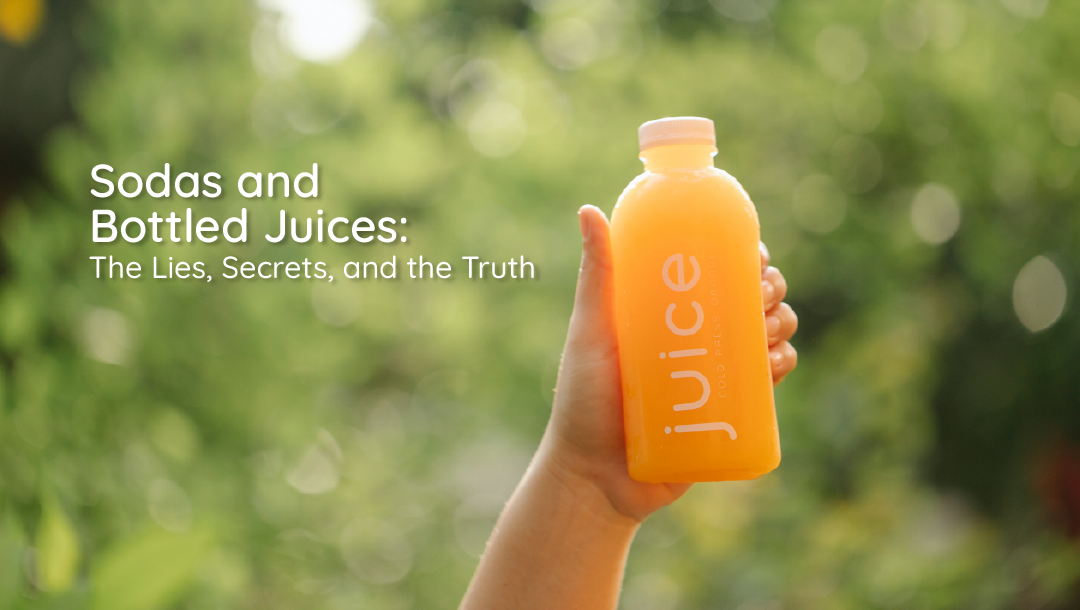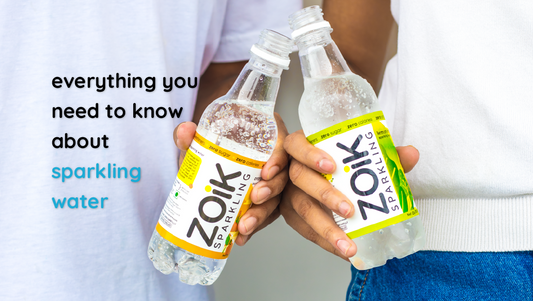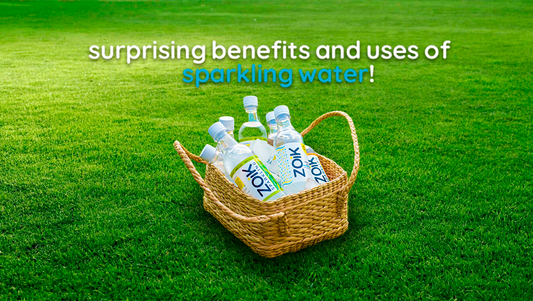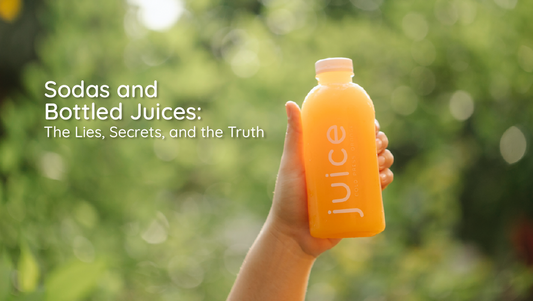

The Sugar Content
Packed juices and sodas have a high sugar content. A single serving of the beverage, equivalent to one 16.9 ounce bottle, contains 25 grams of added sugar, which is half the daily limit recommended by the federal government. The sugar content in packed juices is often overlooked because of the fruit images on the packaging.Real Fruits or Fake Ones?
Marketers make packed juices seem healthy by claiming they contain real fruit. However, if the label shows patulin, it indicates that poor quality fruits were used to make the juice. Juices labeled "no preservatives" have undergone the deoxygenation process, which deteriorates their quality.Calories Matter
One glass of apple juice contains 120 calories while a raw apple contains only 78 calories. There are at least 61 different names for sugar listed on food labels, including sucrose, high-fructose corn syrup, barley malt, dextrose, maltose, and rice syrup. Consumers need to be aware of the calorie count and sugar content in these beverages.Coca-Cola and Family
The World Health Organization recommends consuming no more than 6 teaspoons of added sugar daily for optimal health. Drinking just one serving of cola a day exceeds this limit. Coca-Cola has spent nearly $4 million funding science to push the myth that liquid sugar is no different than any other product we consume. This has resulted in consumers falling prey to expensive fake news.Mountain Dew Killer
Mountain Dew Killer, a drink from the cola family, packs 330 calories and 62 grams of carbs into a tiny 16 oz bottle. It doesn't even taste good enough to justify the calorie splurge.Honest Tea
Critics say that Honest Tea, which is owned by Coca-Cola, misleads consumers about the amount of sugar added to their products. Health authorities have linked consumption of added sugars to heart disease, type 2 diabetes, and obesity. Companies routinely market beverages, breakfast cereals, snack bars, and other foods as lightly sweetened, heart healthy, or nutritious.Diet Sodas
Diet sodas advertise themselves as sugar-free, but they use artificial sweeteners, which can be just as harmful. These sweeteners can cause headaches, dizziness, and even cancer. Consumers should be aware of the effects of artificial sweeteners on their health.Recipes
Blog post
Give your customers a summary of your blog post










